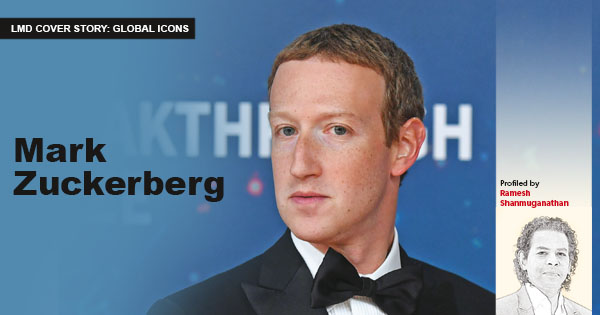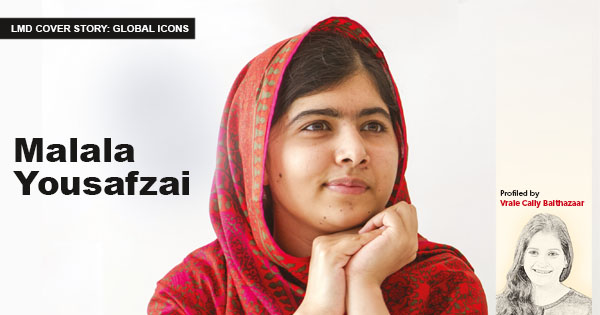Imran Khan rose to prominence as an international cricketer and captain of the Pakistan team; but today, he leads a country of over 200 million people who hold him in high regard for his firm stance against corruption. Having formally entered politics in the mid-1990s, Imran is considered a symbol for the masses of a nation that continues to deal with the ghosts of its colonial past. He is also a philanthropist, having been the primary fundraiser for Pakistan’s first cancer hospital. Pakistan’s PM is the founder of Imran Khan Foundation and supportshigher education for students through the Namal Institute.
BACKGROUND
DATE OF BIRTH
5 October 1952
BIRTHPLACE
Lahore (Pakistan)
EDUCATION
BA in Philosophy, Politics and Economics
from the University of Oxford
HIGHLIGHTS
Arguably the world’s second best all-rounder
after Sir Garfield Sobers
Led Pakistan to victory at the 1992 Cricket World Cup
Crusaded against corruption
QUOTE
Ethnic based politics is being used to exhort people to serve
own ends – this is anathema to concept of nationalism
Imran Khan
Q: In your opinion, what makes Imran Khan a front-runner in the stand against corruption?
A: As a state leader, Imran fights hard for the campaign against corruption. However, understanding that a solitary figure cannot win this battle alone, he has surrounded himself with a trusted group, securing the commitment of his political party and supporters.
This is similar to his uniting leadership style that led the Pakistan cricket team to win the Cricket World Cup in 1992.
Corruption presents itself in various ways at every possible moment and is a threat that all countries – especially developing nations – face. Imran Khan emerged as a favourite in the political arena because of his determination to stand against corruption in all forms and address its roots. This motivation has enabled him to win the hearts of his people.
While at the beginning, Imran was badly defeated in the political arena, his unrelenting spirit and passion for a singular purpose place him at the forefront of standing against corruption.
Q: What lessons can we learn from this role model?
A: An admirable characteristic of his that we would do well to emulate is a clear goal oriented drive and sheer determination. Being mission clear on the desired outcome is a commendable quality he has displayed, from his captaincy of the Pakistan cricket team to winning the 2018 general election and becoming the Prime Minister of Pakistan.
Moreover, his efforts towards a corruption free nation despite internal and external opposition, and how he faced every challenge, are lessons we can all learn from.
Q: So how can Sri Lankans follow his example?
A: Corruption can often take forms that we may never have considered before. It is corruption to not execute a responsibility to the best of one’s ability, and also not fulfil one’s obligations on time and in the manner expected.
We must learn to deliver the promises we make at the time we make them – for doing so is how Sri Lanka will prosper as a corruption free nation.






